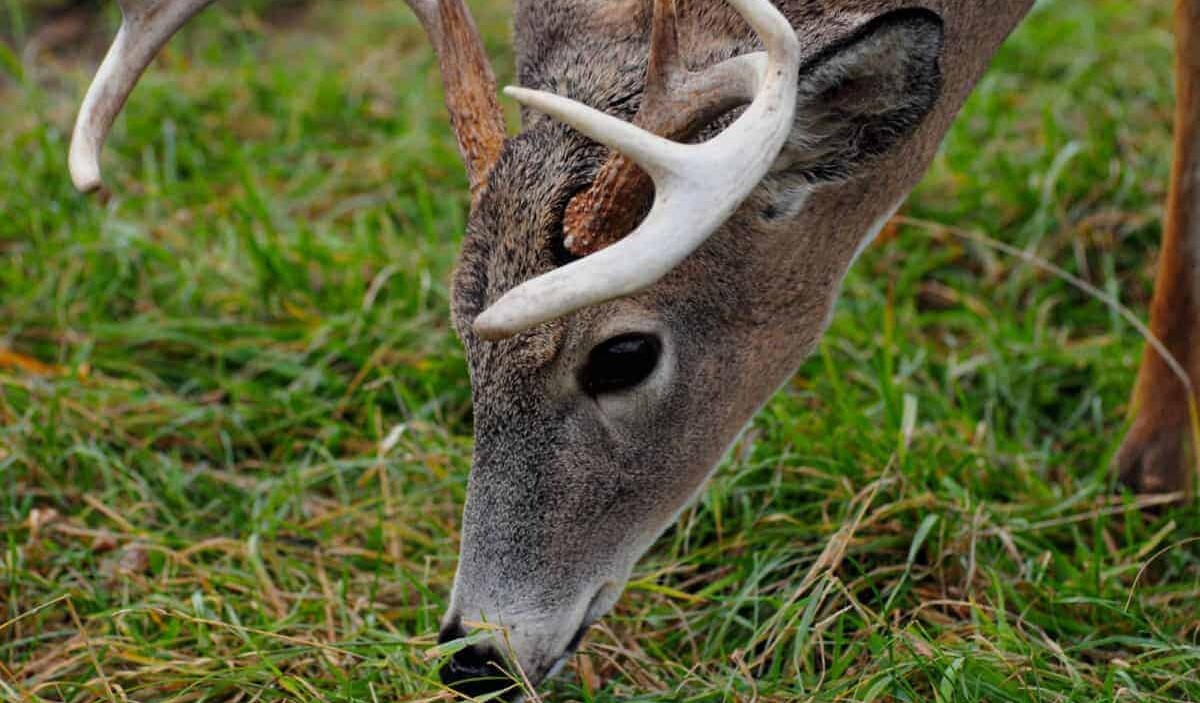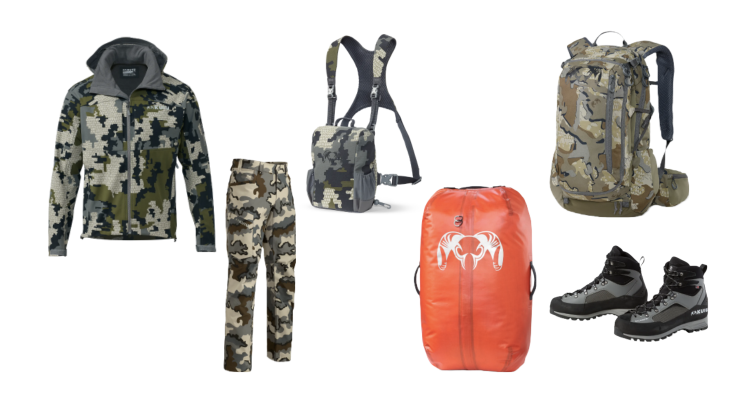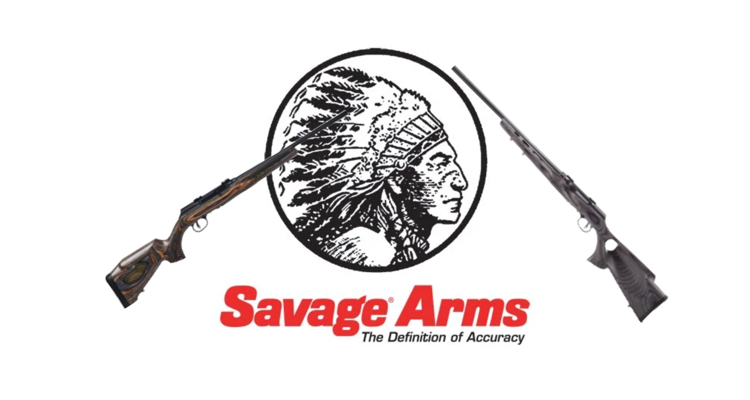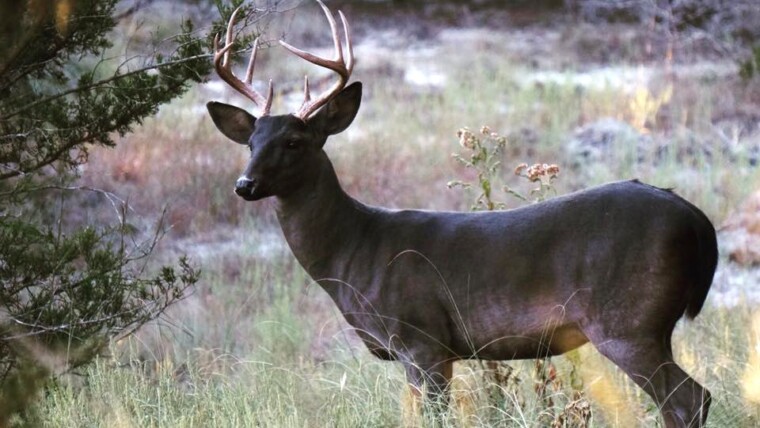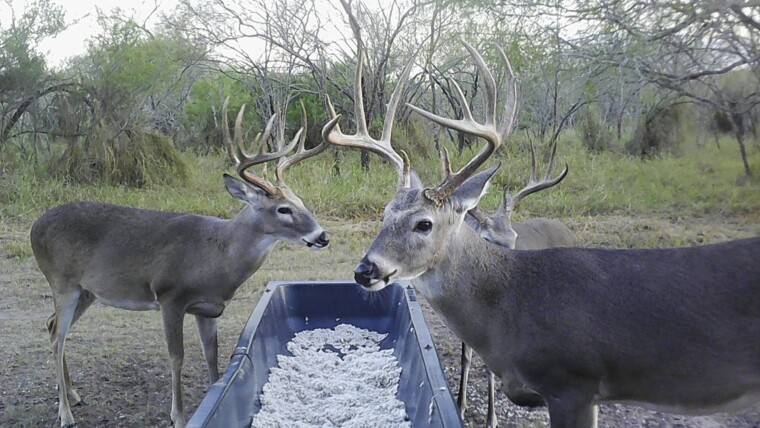Throughout the United States, deer hunting has gone far beyond sport and become an integral part of our culture. Much more than a season, it’s a year-round process of scouting, watching hunting shows, researching, and preparing for that next opportunity.
You can ask any new or seasoned hunter this question and you’ll receive a variety of answers, but I believe it all comes down to the challenge of the hunt. Whether you hunt with a bow, a crossbow, muzzleloader, shotgun, or high-powered rifle, harvesting a deer is a wonderful challenge that can be enjoyed by just about anyone. It doesn’t matter how much experience you have or how much work you’ve put into a hunt, the odds are against you. The exhilaration of getting up close and personal with a deer, combined with the rare chance of harvesting one keeps hunters coming back for more, year after year.
Many of us have heard stories of someone doing everything “wrong” and still getting a monster buck. This is not as common as some would lead us to believe. Most people who do everything wrong go home empty-handed. Becoming a deer hunter is a process of numerous disappointments extenuated by a few triumphs.
The Reality of Deer Hunting
We watch our hunting shows and see our favorite hunters harvest big bucks in multiple states seemingly every time they enter the woods. The fact is, many of us don’t have access to the kind of properties they do. These programs tend not to show the viewer all the times they were unsuccessful. There are many hunters out there who would be happy just to bring home a deer, no matter the sex. Especially young hunters or those who are just starting out. I have seen grown men reduced to tears of joy after harvesting a doe. And why shouldn’t they be? It takes a lot of hard work and determination to outsmart a deer. I have had more doe bust me than bucks. Especially during the rut, when the big boys get stupid and doe remain on edge and on top of their game.
I have sat in my tree stand in one-hundred-degree weather, during torrential downpours, through ice storms, when it was so cold that my fingers and toes went numb. Why would anyone put themselves, willingly, through so much? More importantly, why would anyone find any of those scenarios enjoyable? Because it’s a captivating challenge of attrition and will power. That little voice in your head repeating, “It can happen anytime…I can’t harvest a deer from my bed.”
Most hunters will tell you that many of their best hunts and favorite memories happened in less-than-comfortable situations. They feel that way because of the perseverance it takes to be out there — out there in a deer’s bedroom, trying to do everything right.
Modernization of Deer Hunting
Technology has brought us so far: better deer stands and blinds, better archery equipment, better cover scents, trail cameras, warmer clothing, camouflage, ammo…still, the chance of leaving your hunting area empty-handed is great. This fact doesn’t change whether you’re taking a youth on their first hunt or you’ve hunted for fifty years. Deer always have the edge and always will. If that wasn’t the case, no one would hunt, or there’d be no more deer left to hunt. It seems that just about the time you think you have deer figured out, they prove you wrong.
Most hunters start out using a firearm. Firearms season does offer more opportunities than they’d have with archery equipment, but that doesn’t mean it’s easy. A lot of first-time hunters are surprised when they sit down in a blind or on a stand and deer don’t just suddenly appear. I’ve gone day after day without seeing a single deer no matter if I was holding a bow or a firearm. You can’t harvest deer that aren’t there, and just because one does decide to show up, that doesn’t mean you’ll be bringing it home. So many things can go wrong, and if you’ve hunted long enough, you know they probably will!
The Evolution of Deer Hunters
I’ve known so many hunters who’ve started deer hunting with a firearm, but eventually branched out to other methods. Some would contend that they do this to extend their season, and that may be true, but I think it’s because we, as hunters, are always up for a new challenge. A hunter will get to the point that they have harvested a few deer with a firearm and want to see if they can be successful with a bow, crossbow or muzzleloader. We have something within us that not only wants a new challenge but needs it. I believe this has less to do with “bragging rights” and so much more to do with testing our limits, our internal fortitude as hunters.
A deer hunter will go from shooting the first legal deer that walks out to pushing themselves to pass on deer until the “right” one shows up. Many are negatively labeled “trophy hunters.” I contend that as we grow through our hunting experiences, we innately want to find a new level, a new challenge. What pushes a hunter who has killed multiple record-book bucks to continue to hunt? The knowledge that it’s always a new hunt, always a new experience, always a new challenge.
When it comes to large game hunting in North America, deer are the most accessible. Most states have deer, some far more than others, but they can be found and hunted almost anywhere. Being so accessible and challenging to hunt, deer are the perfect species to hunt within the United States.
Introducing Friends and Family to the Hunt
If you are already an avid deer hunter and have friends or family that you’d like to introduce to the sport, my advice is to keep it simple. You probably know much more than what you realize and trying to transfer that information to a person all at once can be overwhelming. You, as a hunter, need to remember that taking a newbie hunting can, and should be an enjoyable experience. Don’t expect a person to have the same level of patience as you do. Set them up for success. More than likely, they’ll grow in knowledge as they go, but don’t assume they’ll want to wait on a record book buck as you might. If you are hunting on a property that causes you to be selective about the bucks you shoot, encourage them to shoot a doe. Always think back to what your priorities and goals were when you first started out. This same approach goes with taking youths hunting. Deer hunting is challenging for any age, so try to provide positive reinforcement during the hunt.
Most everything I’ve learned about deer hunting I’ve learned from messing up and growing from those mistakes. I’m sure you’ve had the same kinds of experiences. The mistakes I have made over the years are now some of my fondest memories and funniest stories to tell. The bottom line is this: If a new hunter doesn’t find their first experience enjoyable, they probably won’t go again. Simply put, they should be prepared for the hunt and able to witness the beauty of nature. It’s so much more than just harvesting an animal; a successful hunt is the experience, and that should be the end goal.
Related Questions
Is it really more difficult to hunt with archery equipment versus firearms?
The best answer to this question is a resounding, YES! Even when you consider all the advances that have been made with compound bows and crossbows, it is far more challenging to hunt during archery season. Having said that, archery season can be one of the most rewarding things you’ll ever experience as a hunter.
What should be the most important part of deer hunting?
Safety should always be a hunter’s number one priority. There is no exception to this rule. No matter what season you’re hunting in, safety must come first.

